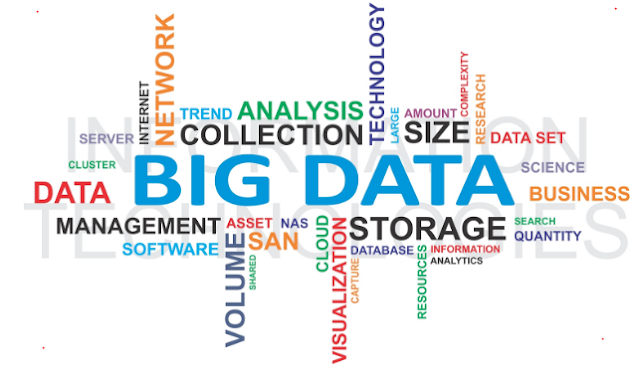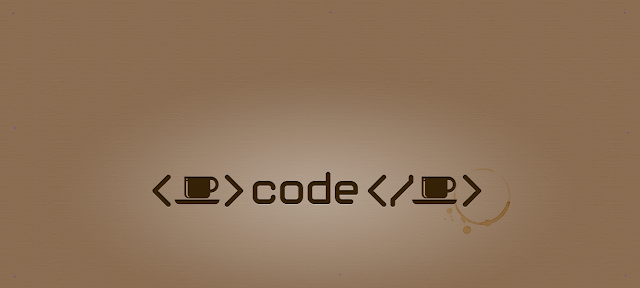
A Database is a collection of related data organized in a way that data can be easily accessed, managed and updated.
In a database, we would be grouping only related data together and storing them under one group name called table.

For example below:
_Library catalogues
_Medical records
_Bank accounts
_Product catalogues
_Telephone directories
_Train timetables
_Airline bookings
_Credit card details
_Student records
_Discussion boards and so on…
Databases are useful because:
Many computing applications deal with large amounts of information
Database systems give a set of tools for storing, searching and managing this information
Database systems are systems in which the interpretation and storage of information are of primary importance.
It is a system that allows users to Store, Update, Retrieve, Organize, and Protect their data.












